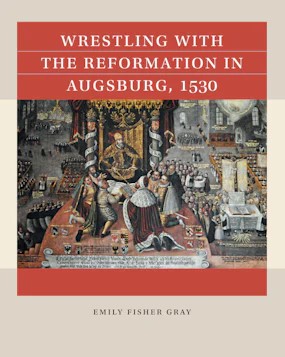 |
 Play this game recently? | Mary Stuart has been sentenced to death, but why is Elizabeth stalling the execution? |
Details
|
Using the Game Class Size & Scalability |
Please fill out the Permissions Request Form before using Fate of Mary Stuart in your class!
Instructor's Manual/Gamebook/Role SheetsAll game materials, including the Instructor's Manual, Student Gamebook, and Role Sheets are available as a single file below. |
Marco Arnaudo Marco Arnaudo is a Professor at Indiana University, Bloomington, where he teaches classes about military history and culture, game history and design, comic books, and Italian studies. |
Members can contact game authors directly if they have questions about using the game. We also invite instructors join our Facebook Faculty Lounge, where you'll find a wonderful community eager to help and answer questions.
|
|
|


